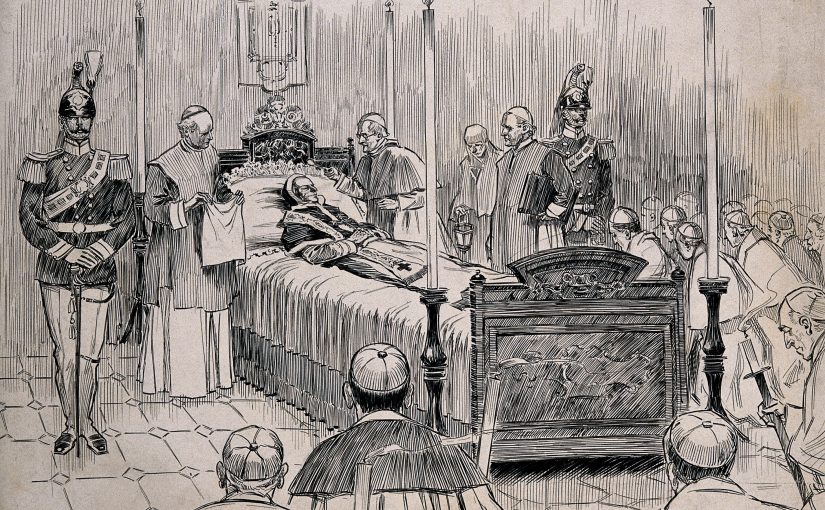“A foolish consistency is the hobgoblin of little minds.”
Ralph Waldo Emerson, in “Self Reliance”
In every quote, in every piece of advice, in every snippet of wisdom is a zinger word or phrase. A qualifier. Sometimes it’s context; sometimes it’s CYA for the author or speaker. An escape hatch, like the button-bottom flap on a union suit of underwear.

Buttoned up, the aphorism can be taken at face (or hiney) value, added to a bumper sticker or political button or a red trucker hat, and accepted as gospel.
But once the zinger is identified, we’re challenged to do a deeper dive into the kernel of the observation.
Parsing Emerson’s quote, we select “foolish” as the zinger here, and ponder what a wise consistency might mean.
Skilled laborers — in manufacturing, in handicrafts, in what we call “the trades” — demonstrate their talents by consistently delivering quality work.

Apprentice.
Journeyman.
Master.
Workers climb the ladder by learning, but mostly by producing at a consistently high level.
That sounds pretty wise.
At its core, though, a well-lived life is about relationships, ranging from soul- and flesh-baring intimacy to strangers passing on a street who casually-casually-casually acknowledge each other’s presence.
The thread is a consistent kindness born of respect.
No relationship can survive without consistency. In a relationship, consistency is not sameness, nor is it foolish. In a relationship, consistency is reliability.
You can count on me.*
To be sure, there are degrees of kindness, each appropriate to the relationship. Also, to be doubly sure, we are in relationship with every other human, every other fellow traveler, even those we’ve never met, and will never meet. The world is too small for us to think otherwise.
I believe that butterfly sneezes can cause hurricanes.
I believe that consistent kindness makes our elbows less sharp.
I believe that, if you know you can count on me* — and you can — then we all can sleep soundly.



